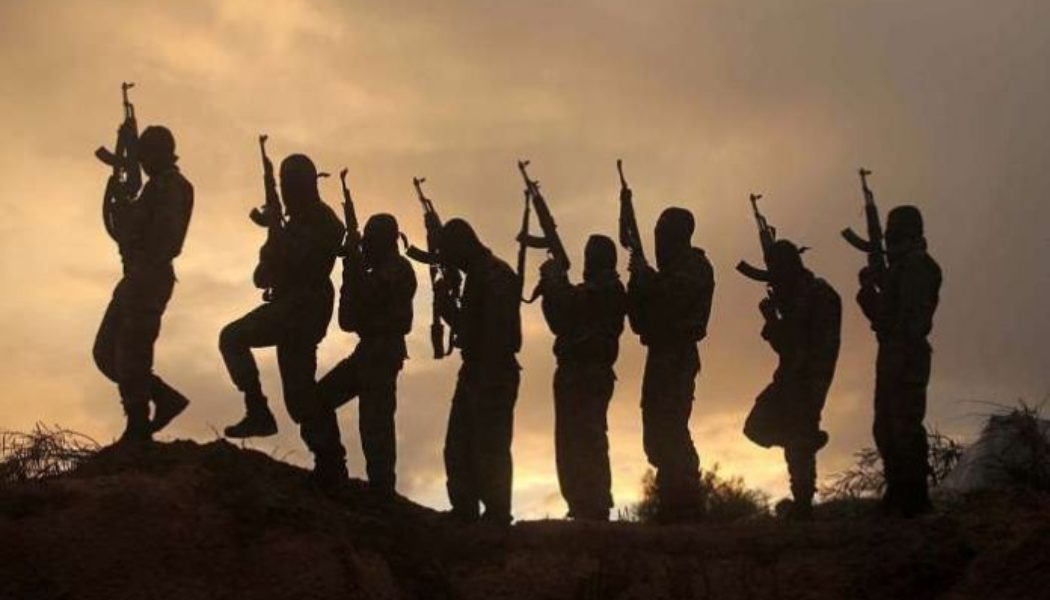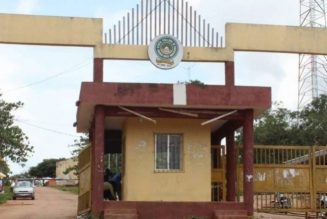
Jihadists have killed 35 people, including five troops and 15 militiamen, in two attacks in Nigeria’s troubled northern Borno state, sources told AFP Tuesday.
Islamic State-aligned militants have intensified attacks on army camps in recent weeks as part of a decade-long insurgency that has killed 36 000 people and forced more than two million to flee their homes.
Fighters from Islamic State West Africa Province (ISWAP) came in several trucks fitted with machine guns and stormed Ajiri town late on Monday.
They attacked a military base, leading to intense fighting in which five soldiers and 15 anti-jihadist militia were killed, two military sources said.
ISWAP had raided the same base on Sunday, killing the base commander along with six civilians and carting away weapons, military sources said.
Troops returned to the base on Sunday.
“We lost five troops and 15 Civilian JTF (militia) in the fight,” a military officer told AFP.
The source said 10 civilians were killed in the crossfire.
“The terrorists came in large numbers around 20:45 and engaged troops in a fight which lasted hours,” added the officer.
Residents fled to nearby Mafa to escape the fighting.
“The casualty toll stands at 30,” said a second military source.
The militants seized five trucks in the attack, including one fitted with machine guns, the second source said.
Separately on Tuesday, five civilians were killed and seven others injured when their vehicle hit a landmine outside the town of Rann, near the border with Cameroon, residents said.
The vehicle was coming from the town of Gamboru when it hit the landmine at Tumshe village, 10 kilometres from Rann, they said.
“The vehicle exploded. Five people died and seven were critically injured,” Rann resident Walid Abdallah told AFP.
Abdallah’s account was supported by Ibrahim Umar from Gamboru.
“It was obviously planted by the terrorists to avenge their loss on Saturday,” said Umar, referring to ISWAP.
On Saturday, ISWAP fighters were beaten back when they attacked a base in Rann, prompting artillery fire from troops which hit two militants’ trucks while the remaining fled, military sources said.
ISWAP split from mainstream Boko Haram in 2016 and became a dominant group in the region, launching attacks on military bases and ambushing troops while abducting travellers at bogus checkpoints.
Since 2019, the army has mostly withdrawn from villages and smaller bases into so-called “super camps”, fortified garrisons meant to give better protection against attacks.
Critics say the strategy has left jihadists with freedom to roam rural areas unchallenged and made the highways vulnerable to kidnappings and assaults.










